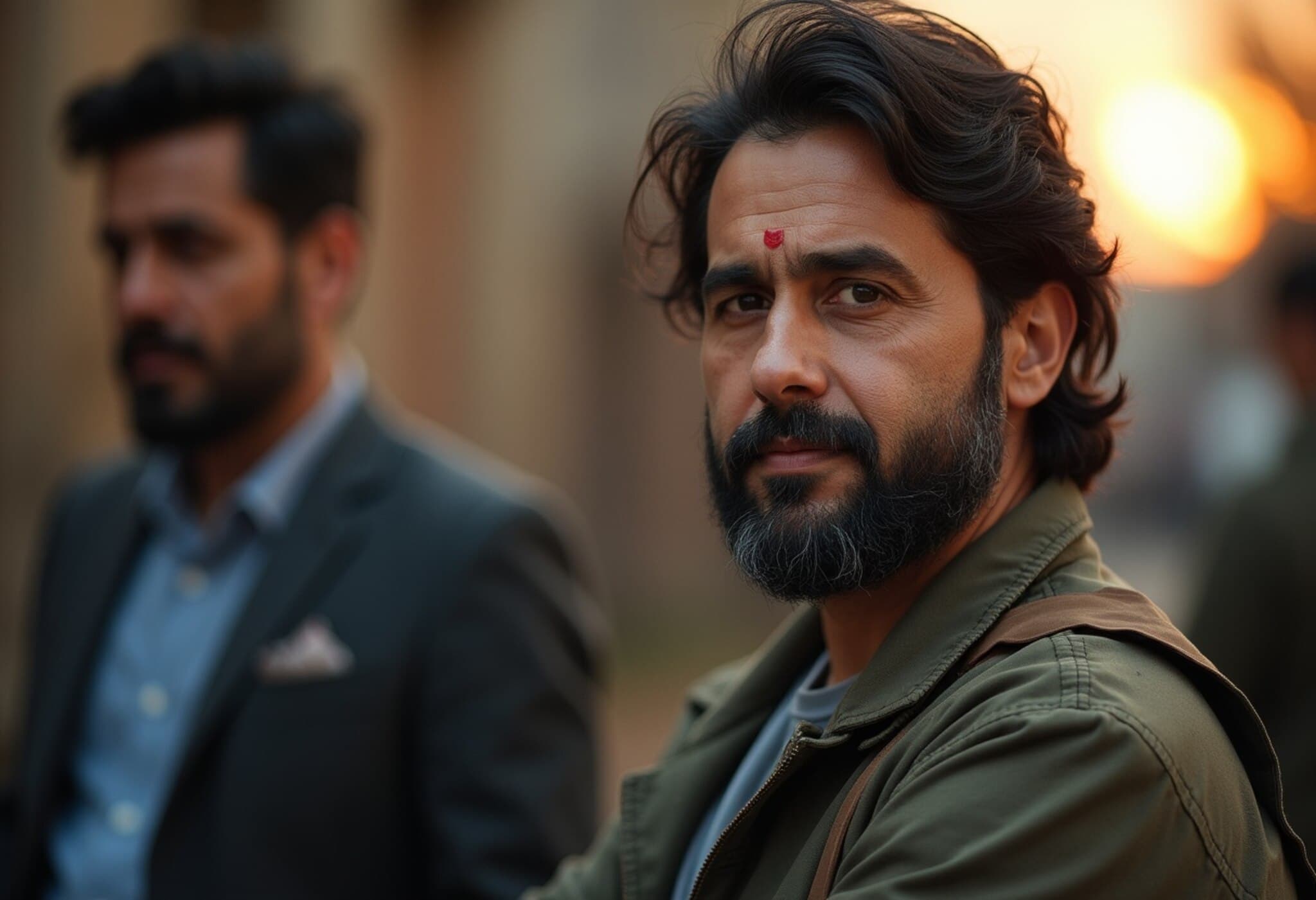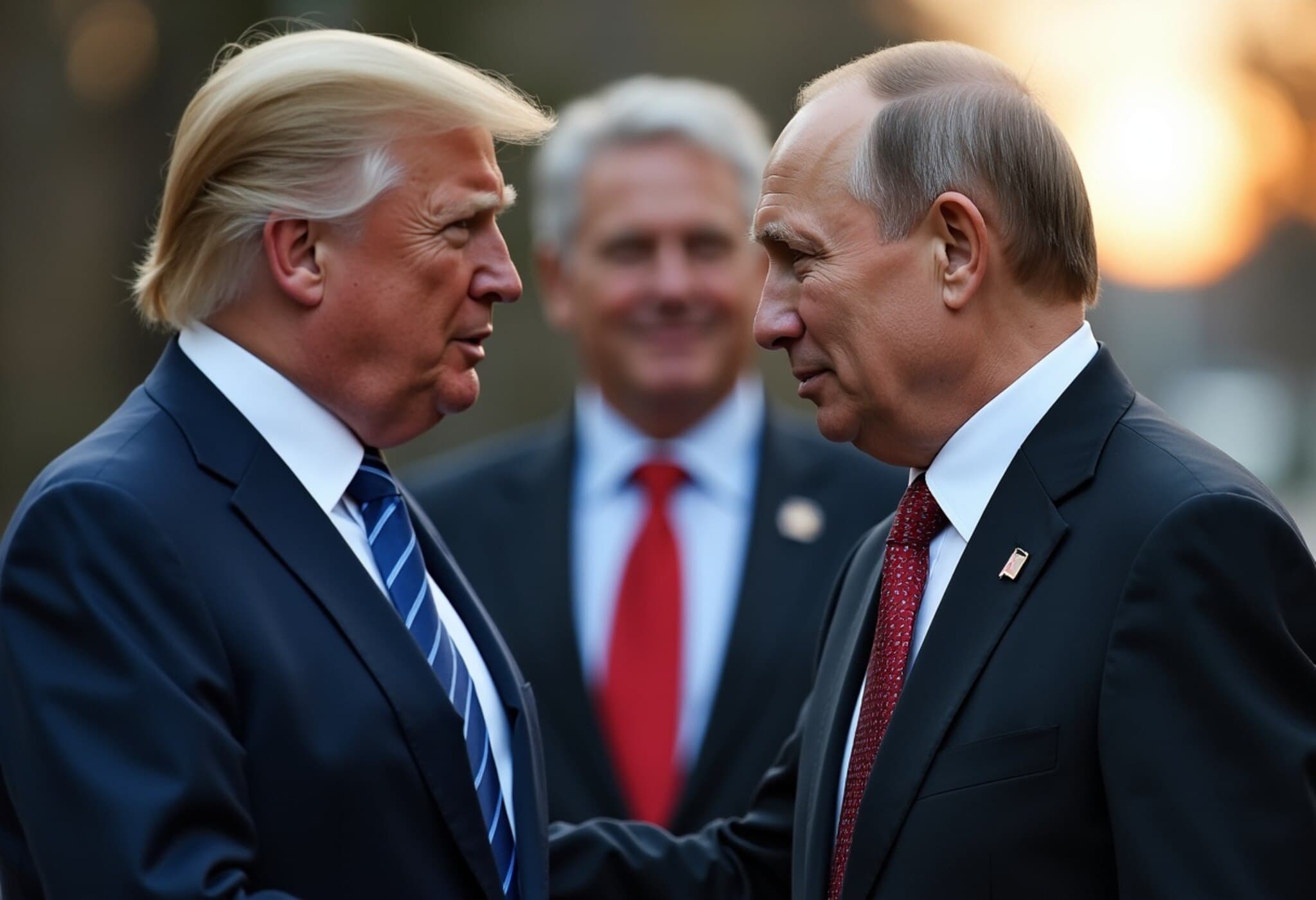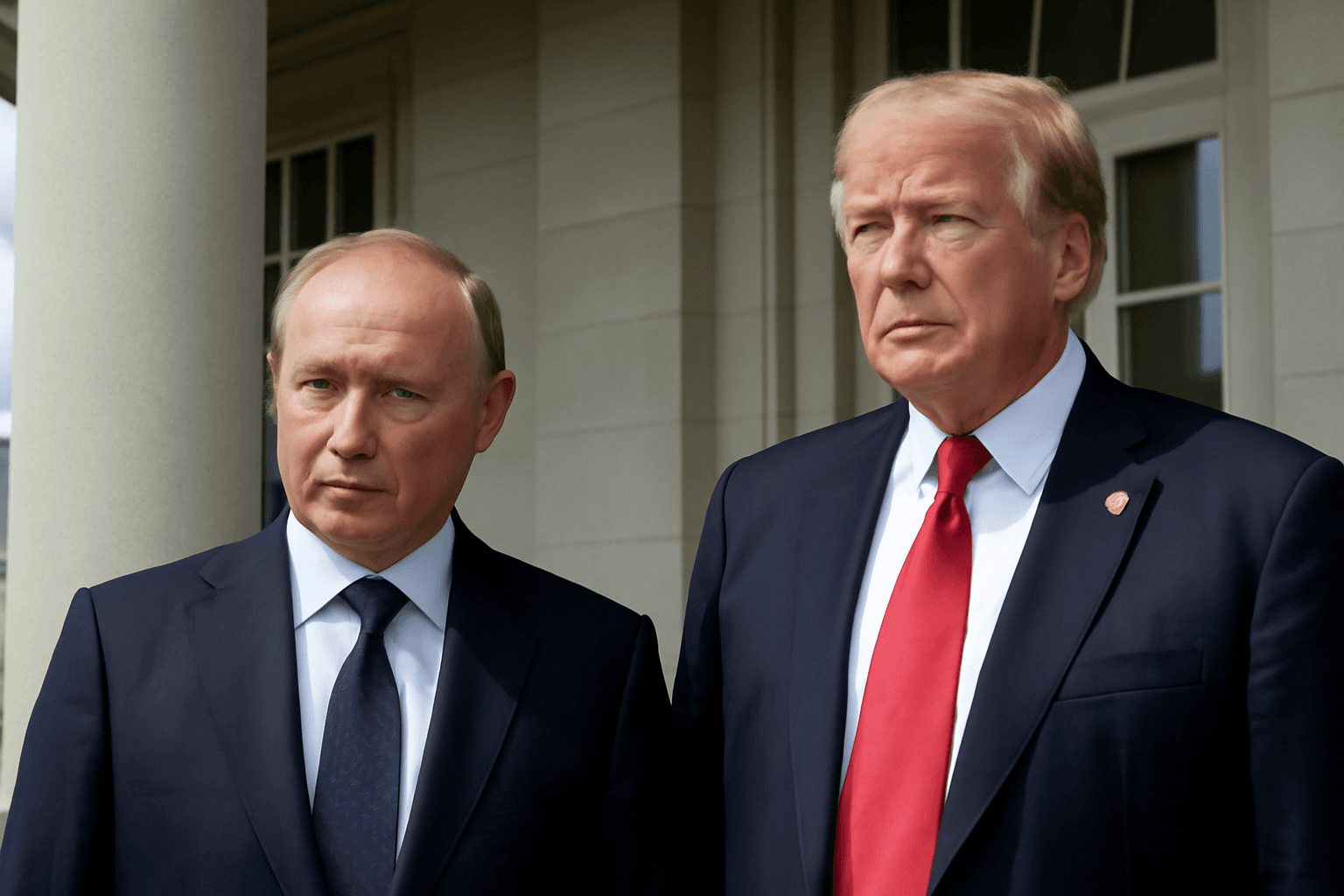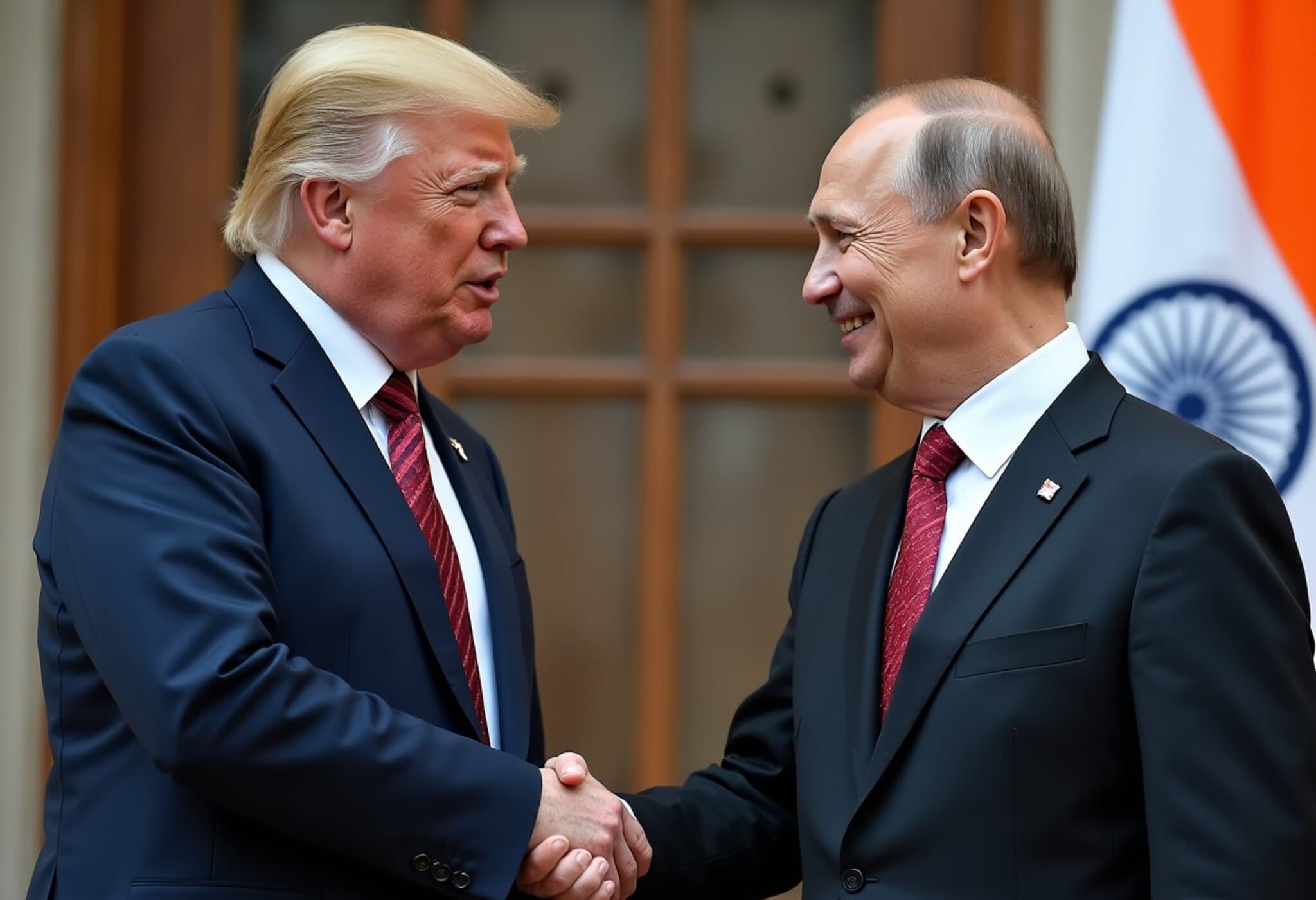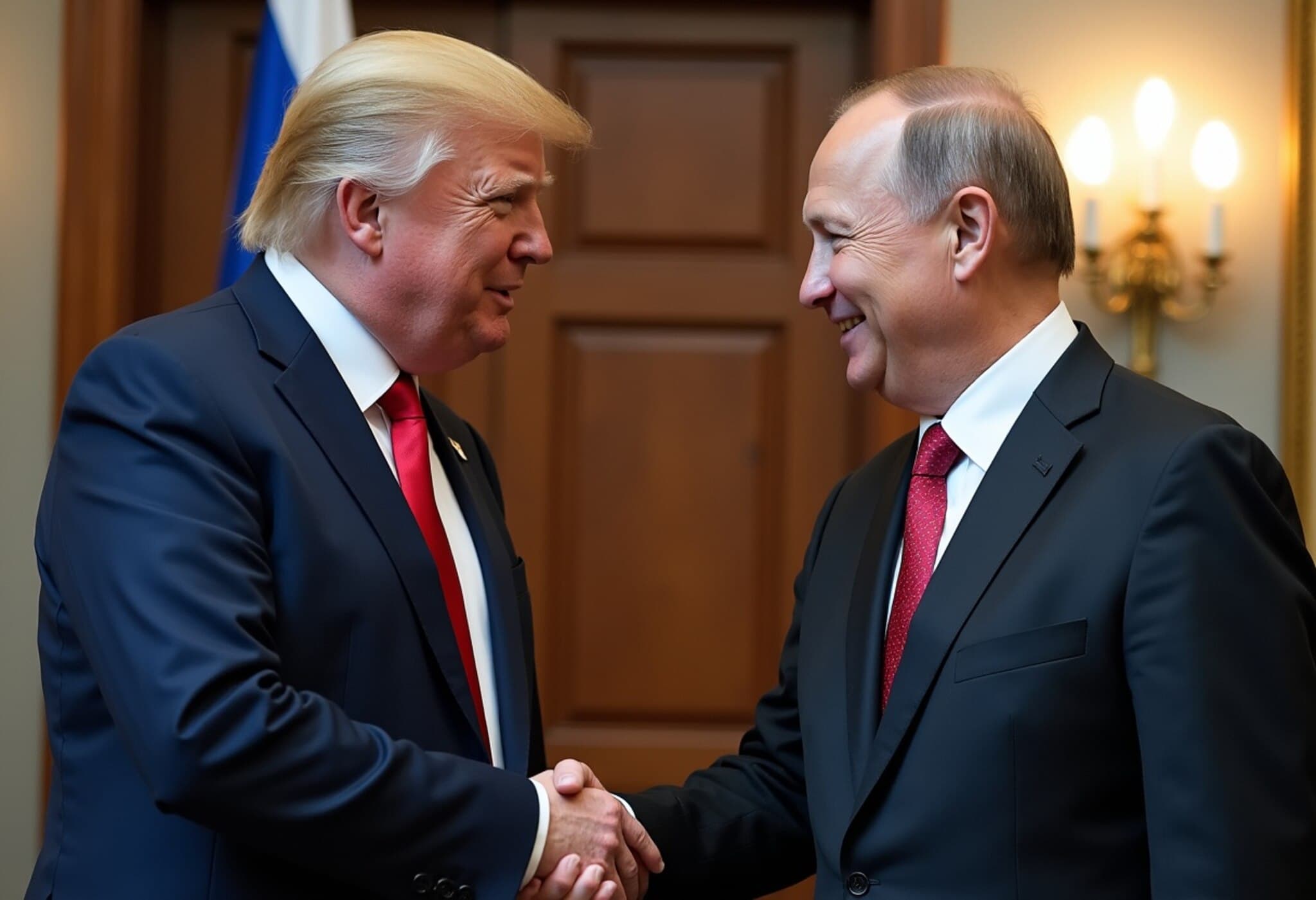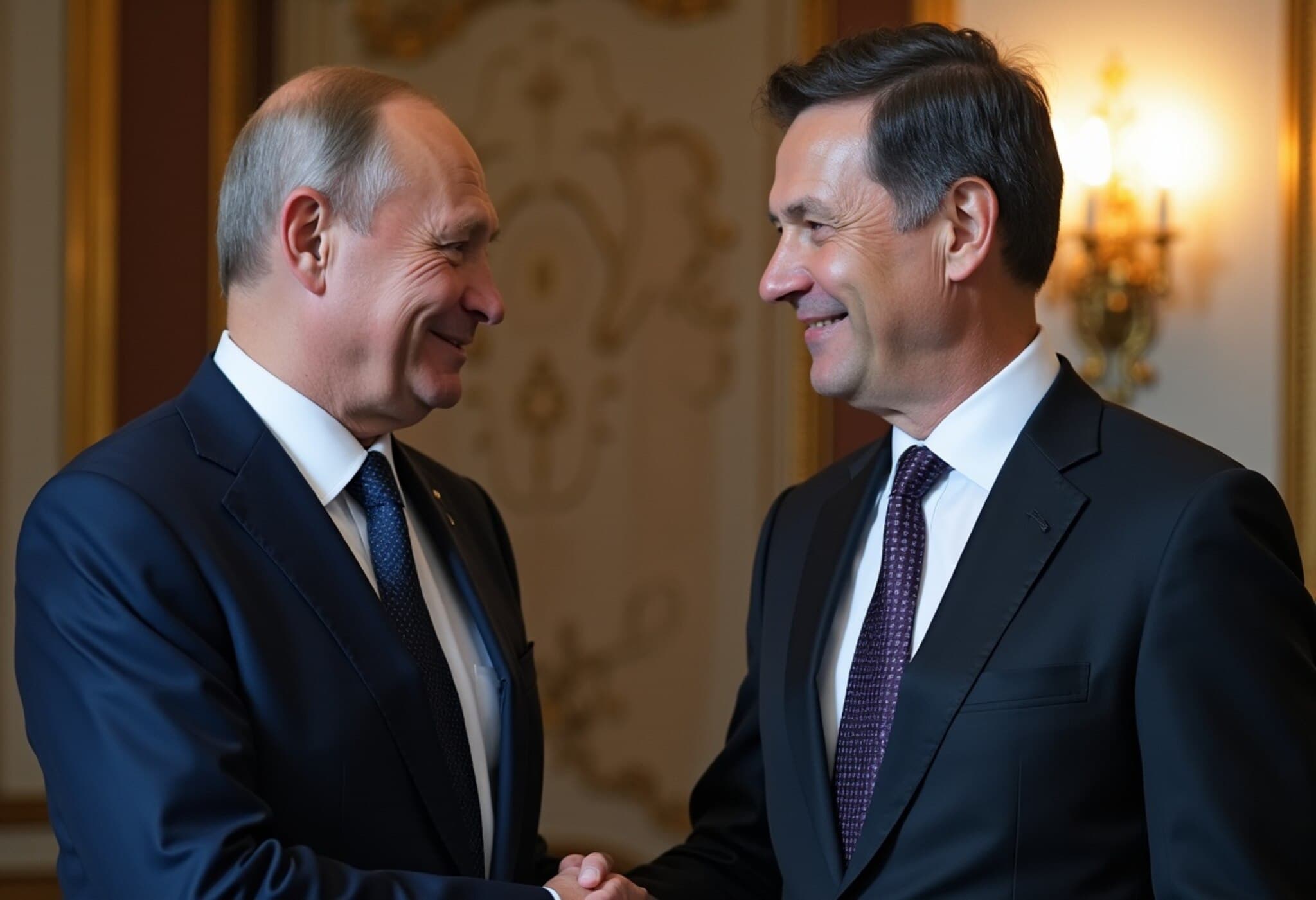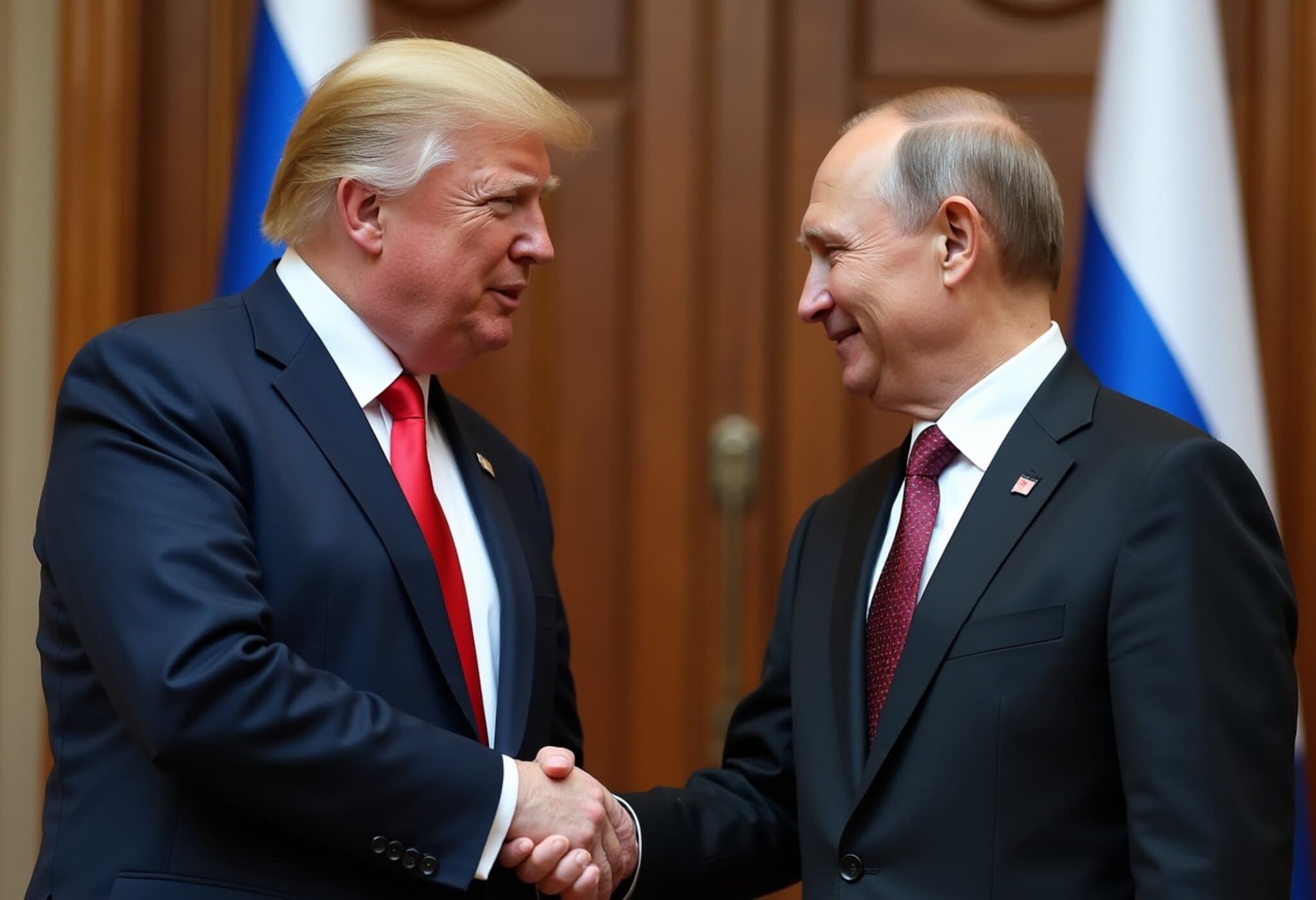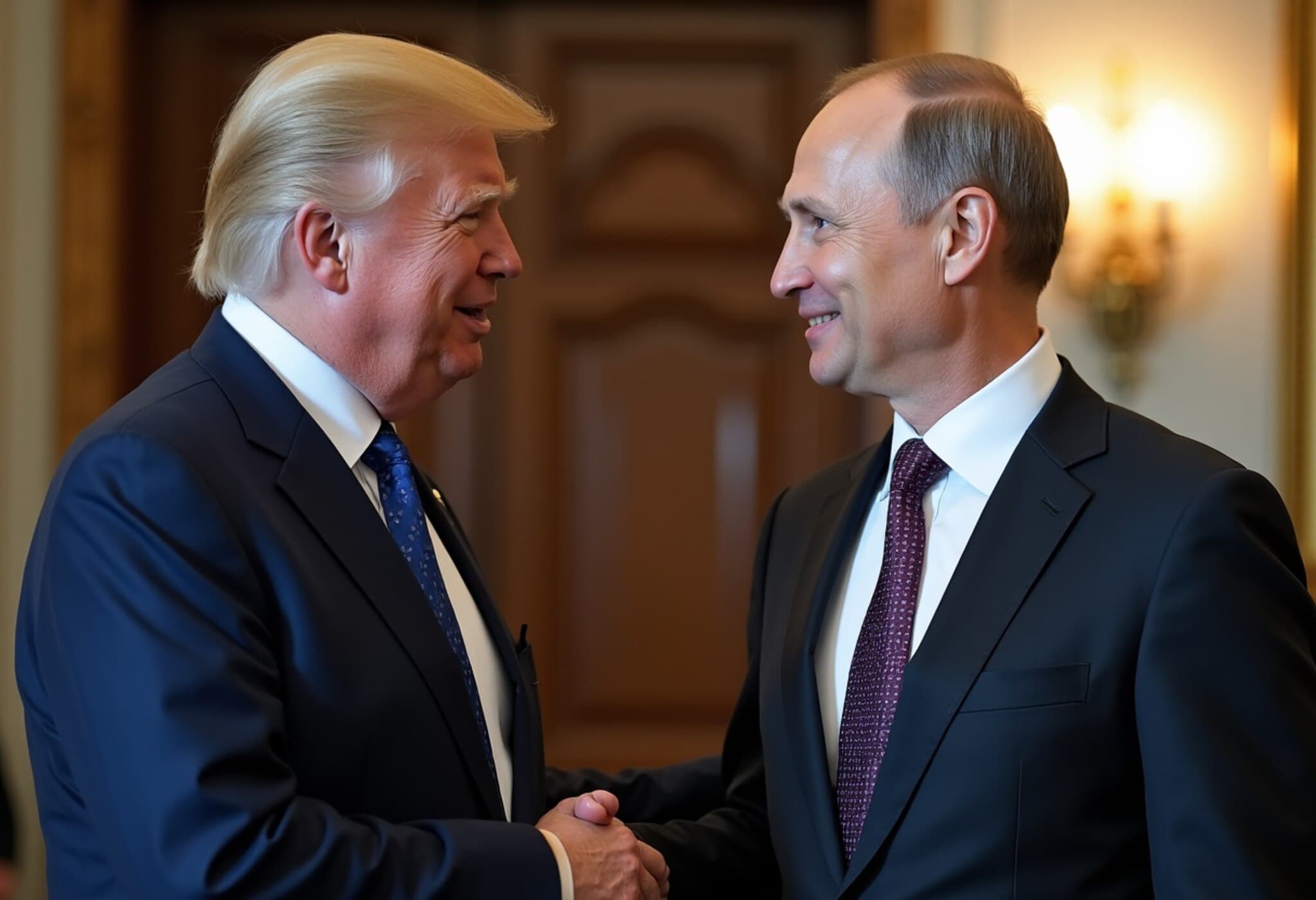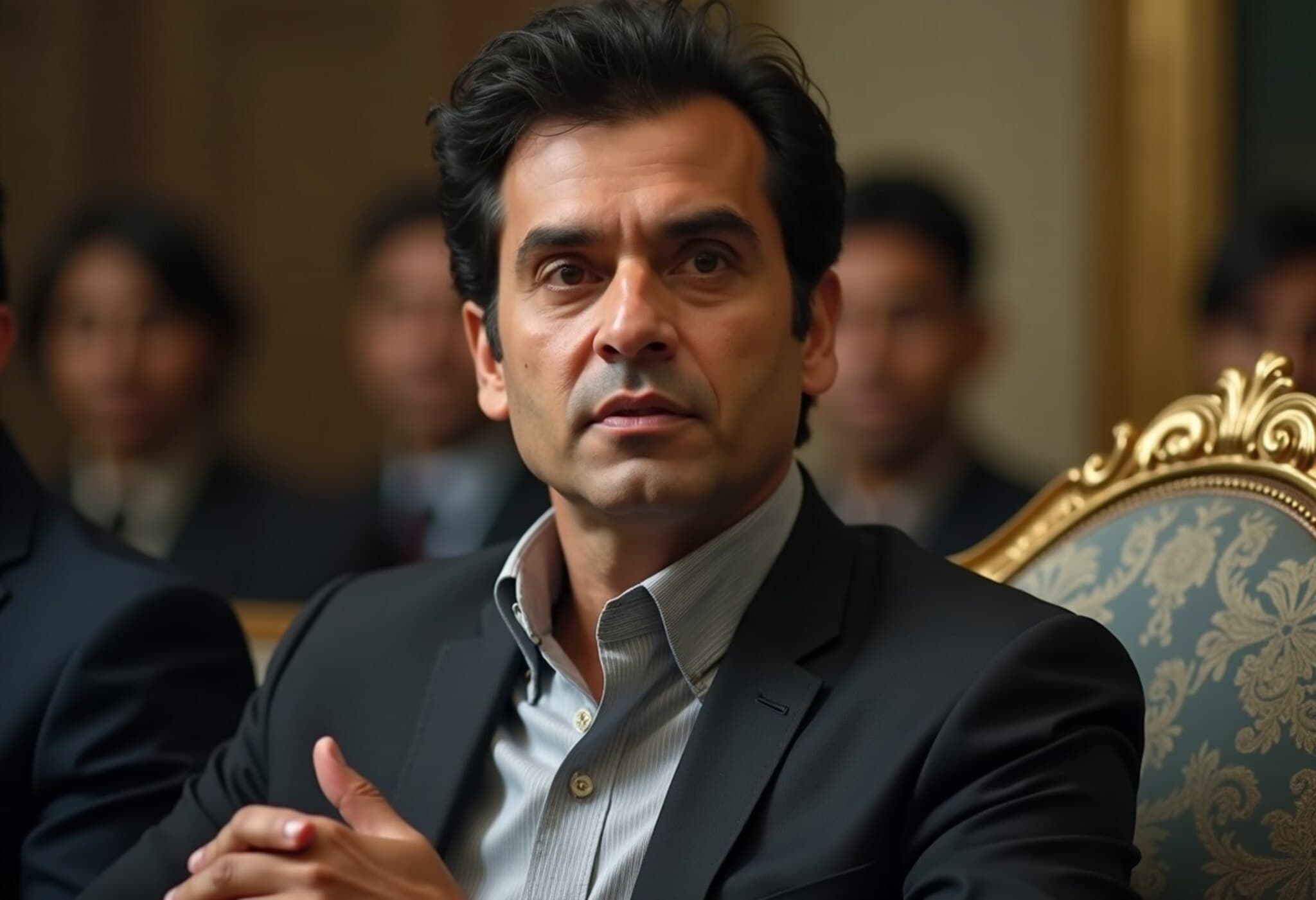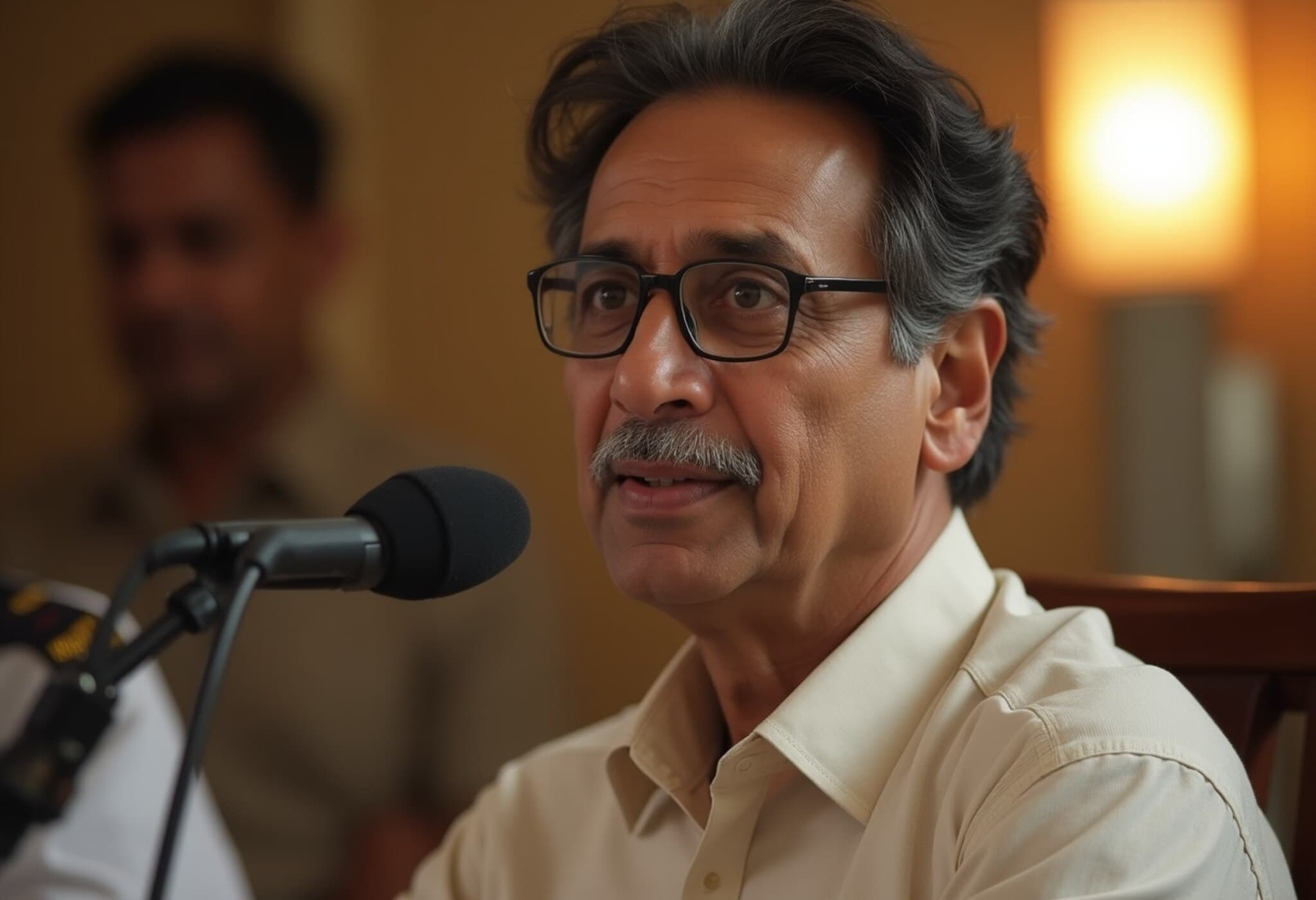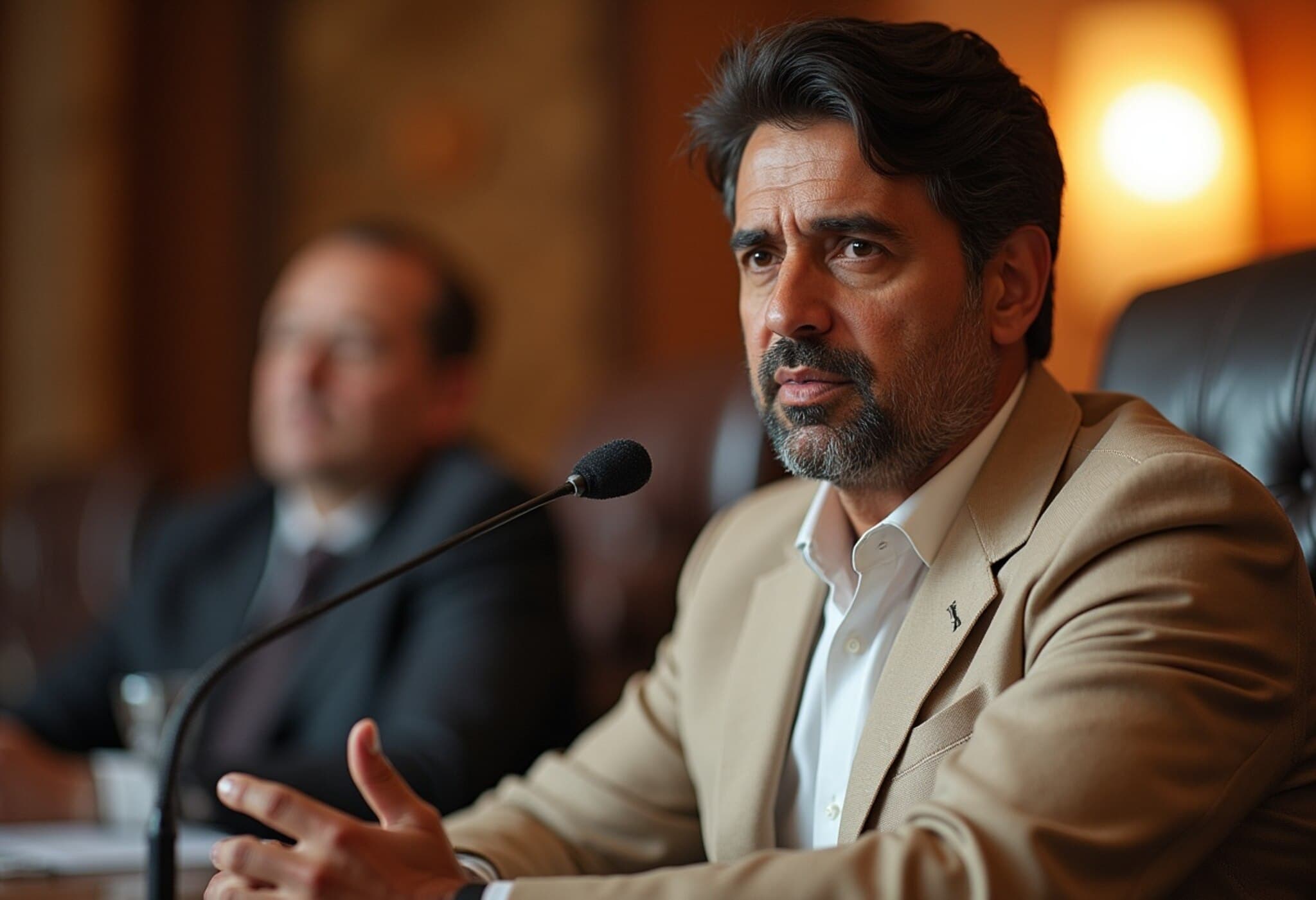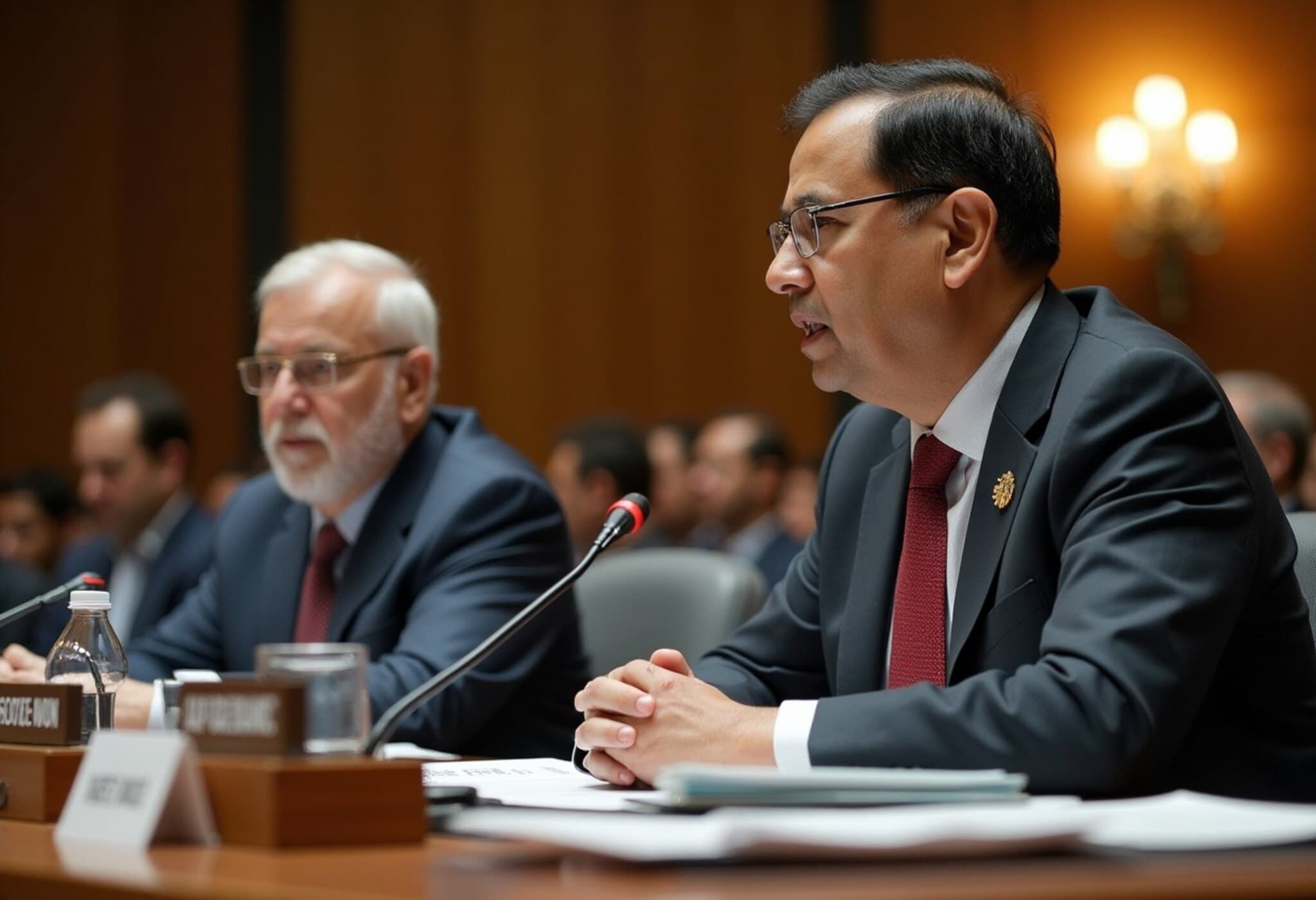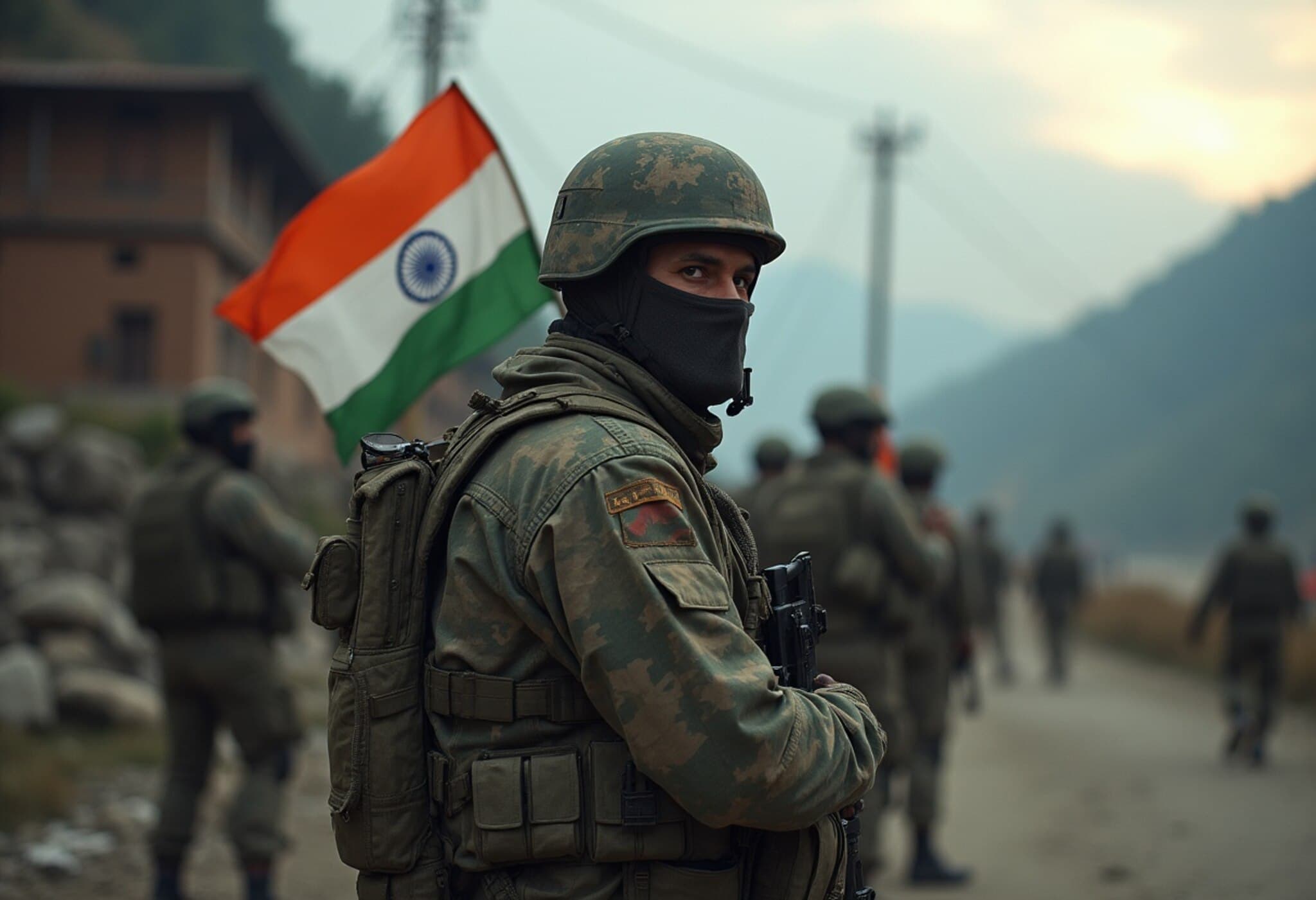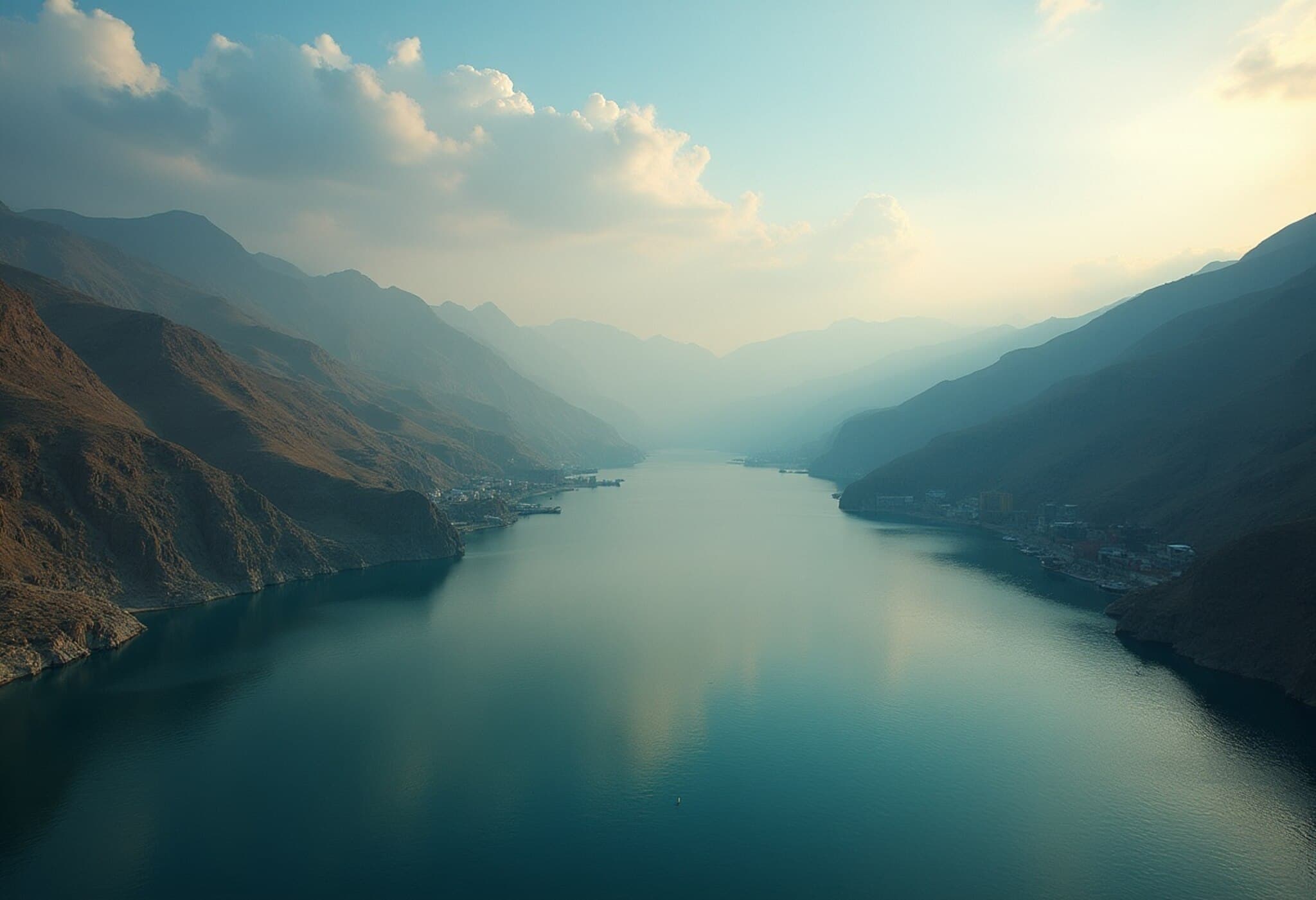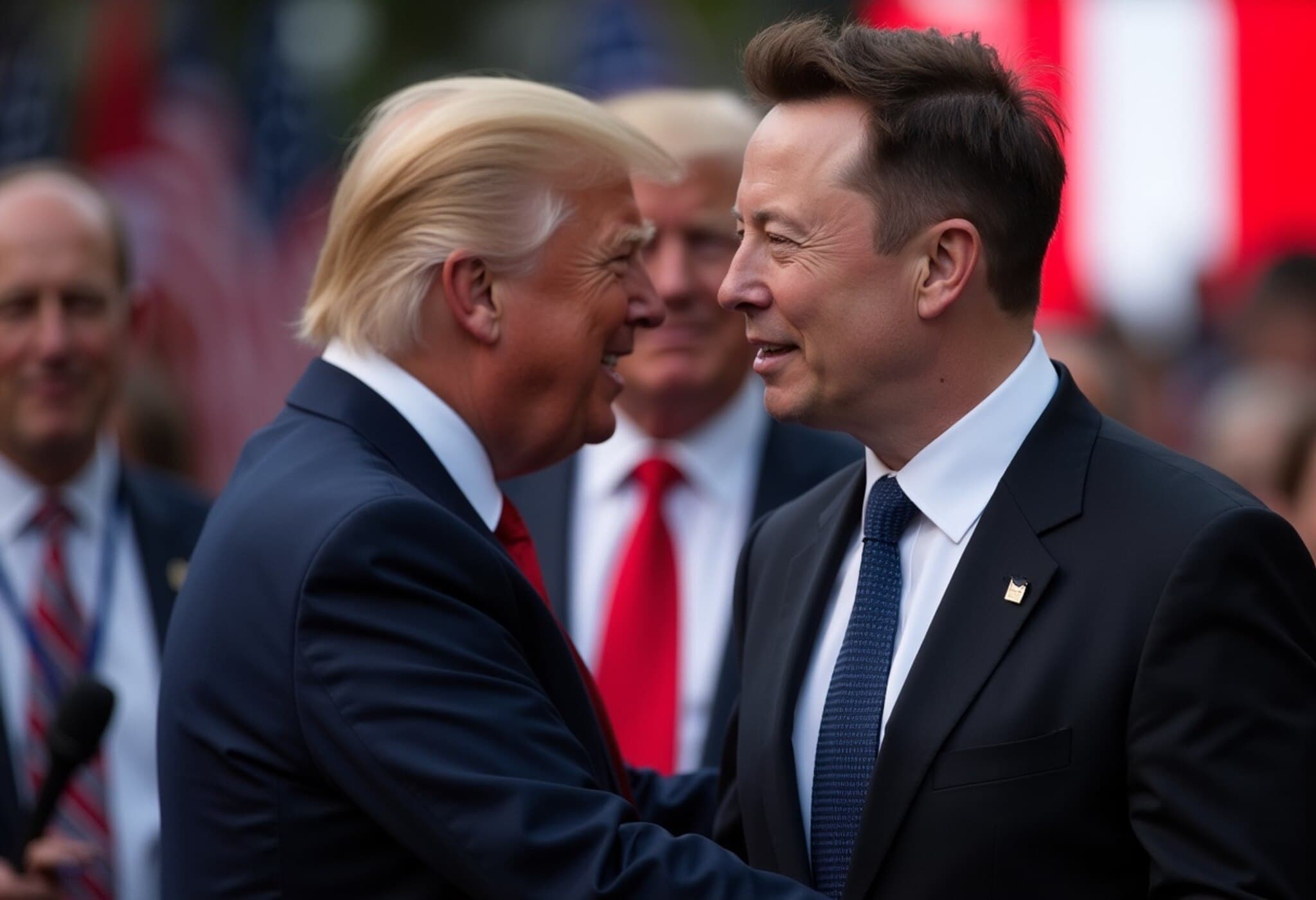Understanding the Legal Landscape: Extraditing Terror Suspects Without a Treaty
In a complex geopolitical environment marked by decades of tension, the notion that Pakistan can extradite notorious terrorists Hafiz Saeed and Masood Azhar to India despite the absence of a formal extradition treaty deserves careful examination. This issue recently resurfaced with Pakistan's former Foreign Minister Bilawal Bhutto's statement hinting at a willingness to hand over these individuals as a goodwill gesture. But is this truly feasible under international law?
The Missing Link: No Formal Extradition Treaty Between India and Pakistan
It is a well-known fact that India and Pakistan currently do not share a bilateral extradition treaty. India proposed such a treaty in 2004, but Pakistan has yet to respond formally. More recently, in 2023, India submitted a formal extradition request for these terror suspects living in Pakistan. While Pakistan has acknowledged the request, it underscores the absence of any binding treaty as a barrier.
International Law’s Role Beyond Treaties
Contrary to common perception, a formal treaty is not an absolute prerequisite for extradition. International law and customary practices do allow for extradition under certain principles like:
- Double criminality: The crime must be recognized as an offense in both requesting and requested nations. Terrorism, sadly, qualifies easily here.
- Reciprocity and goodwill: Though no formal treaty exists, countries can cooperate based on mutual interests and legal frameworks.
- Political discretion: Extradition decisions are often influenced by domestic political will and diplomatic sensitivities.
Who Are Hafiz Saeed and Masood Azhar?
To fully grasp the significance, it is critical to understand the profiles of these individuals:
- Hafiz Saeed: Founder of Lashkar-e-Taiba and a United Nations-proscribed terrorist, widely blamed for orchestrating the 2008 Mumbai attacks.
- Masood Azhar: Leader of Jaish-e-Mohammed, linked to the 2003 Indian Parliament attack and multiple other terror operations.
Both are on the international watch list for terrorism, with multiple Indian jurisdictions actively pursuing their prosecution.
The Extradition Process: Not as Clear-Cut as It Seems
While the process is legally possible, it demands significant political will and procedural navigation:
- Formal Request: India submits a detailed extradition demand via its Ministry of External Affairs, backed by evidence and charges.
- Verification and Legal Review: Pakistan's judiciary and inquiry magistrates review the validity of the claims, identity verification, and adherence to the principle of double criminality.
- Political and Executive Decision: Final approval lies with Pakistan’s government, which weighs various diplomatic, security, and internal political factors.
- Handover: If approved, the suspect is formally transferred to Indian authorities, often at a designated border or airport.
Political and Strategic Roadblocks
Historically, Pakistan's reluctance to extradite these individuals is not just a legal issue but deeply rooted in the country’s strategic calculus, particularly the military establishment’s influence. Several aspects complicate matters:
- Cross-border Terrorism Narratives: For Pakistan’s powerful military establishment, groups like Lashkar-e-Taiba and Jaish-e-Mohammed have been tools of foreign policy and influence in Kashmir.
- Domestic Political Capital: Anti-India rhetoric often reinforces internal cohesion in Pakistan’s political discourse.
- Legal Obstacles and Denials: Pakistan may argue lack of concrete evidence or question the fairness of the Indian legal process.
- Human Rights Claims: Pakistan could raise concerns about the treatment of the individuals upon extradition, despite India’s judicial record of upholding due process.
Why This Matters for Regional Security and Justice
Extraditing these terror suspects is more than a legal formality. It reflects on South Asia’s commitment to counterterrorism, justice for victims, and breaking cycles of violence. It also has wider implications for international cooperation:
- Upholding Global Anti-Terror Norms: Pakistan’s cooperation would send a strong message about complying with UN sanctions and global counterterrorism efforts.
- Improving Bilateral Relations: Though fragile, law enforcement cooperation could pave new pathways toward peace.
- Empowering Victims and Justice Systems: India has repeatedly demanded accountability for terror attacks causing mass civilian casualties.
Expert Commentary: The Path Forward Requires Courage and Commitment
International law experts and security analysts agree that the absence of a formal treaty is a hurdle but not an insurmountable barrier. As Professor Anil Sharma from the Centre for International Legal Studies notes, “Extradition cases have succeeded globally without treaties, guided by principles of reciprocity and good faith. Pakistan’s decision would be primarily political, weighing military interests versus diplomatic normalization.”
Moreover, transparency, judicial integrity, and human rights safeguards in the process are essential to build legitimacy and trust.
Summary: An Intricate Dance of Law, Politics, and Strategic Priorities
To sum up, while the headline debates around Hafiz Saeed and Masood Azhar often revolve around political rhetoric, the legal framework provides a credible mechanism for extradition. Pakistan’s decision, however, hinges on internal political will and its security establishment’s stance. For India, persistence through formal requests and diplomatic engagement remains crucial to hold perpetrators accountable and advance regional peace.
Editor’s Note
This issue encapsulates the tangled intersection of law, politics, and national security in South Asia’s fraught relationship. It underscores how international law principles can sometimes transcend formal treaties, provided there is genuine intent. The road to extradition is laced with challenges, but it remains a vital avenue to pursue justice for victims of terrorism. Readers are encouraged to consider: How might shifts in Pakistan’s domestic politics or international pressure alter this dynamic? Can legal frameworks ever fully overcome geopolitical realities? The answers have implications far beyond the subcontinent.

